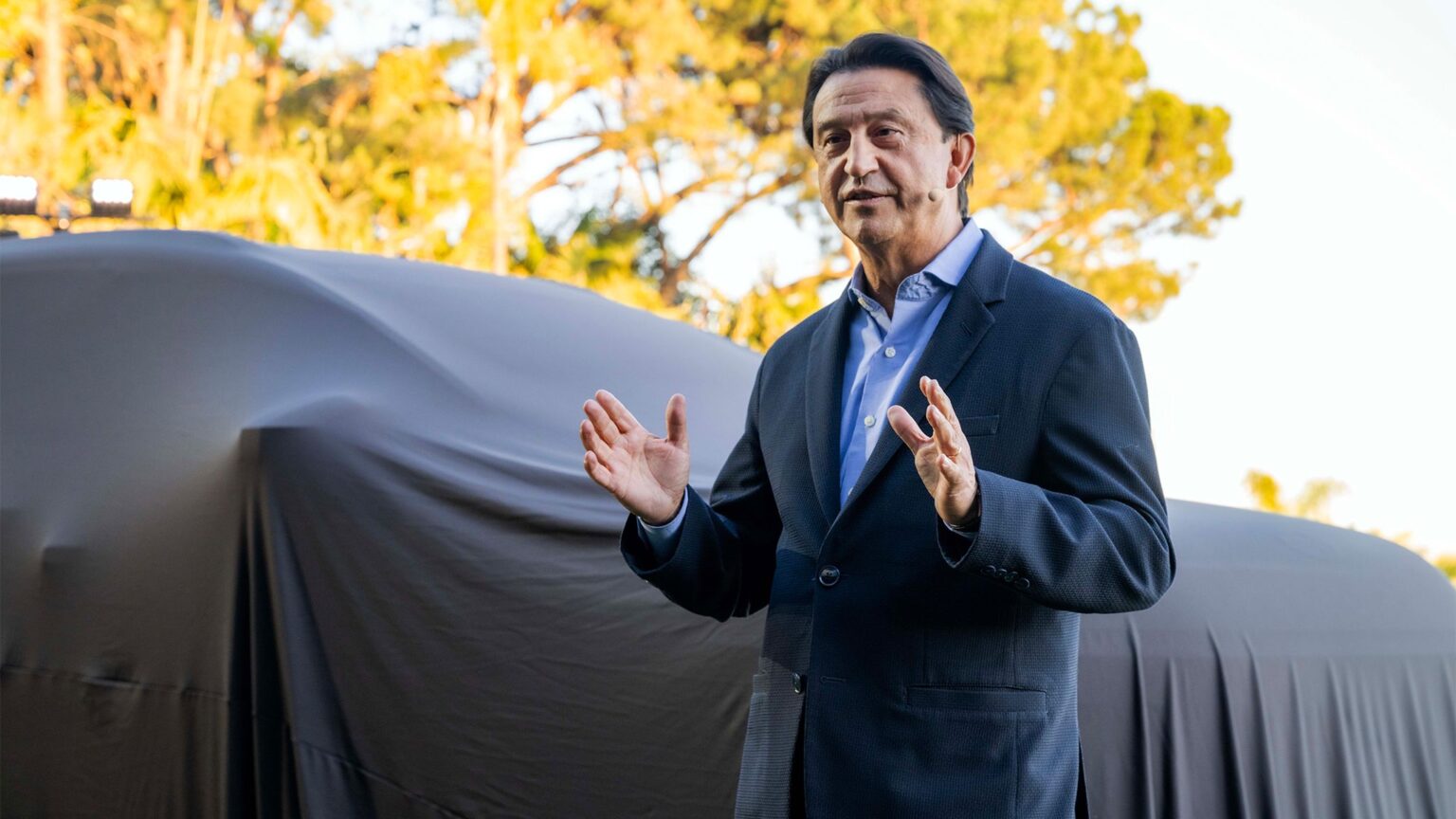Hyundai is apparently bucking the tariff trend and will not raise the prices of its vehicles, according to Britain’s AutoCar. Amid the implementation of the Trump Administration’s industry-wide 25 percent tax increase on imported automobiles on his so-called “Liberation Day,” CEO José Muñoz told the press his company won’t pass the heightened costs down to the consumer, citing the importance of the U.S. market to the brand.
President Donald Trump officially signed off on his promised 25 percent tariff on all imported vehicles and their parts on April 2, sending the entire industry into a frenzy. Many fear this tax increase will raise the cost of newer vehicles and their parts for any vehicles or components not made in America. Hyundai itself warned its prices may see an increase. But in a bold move, Muñoz said that won’t happen.
The U.S. Is A “Very, Very Important Market”
Trump’s auto tariffs happened to go into effect during the Seoul Mobility Show, where many auto execs attending released updates in response. For Hyundai, Muñoz said Hyundai prices in the U.S. will remain steady, adding the company is “still assessing” the situation.
“We saw the announcement earlier this morning. It was not a surprise. We are not looking at it in the shorter term, but instead in the longer term,” Muñoz said to the press. “We need to offer a competitive product. We are not going to increase prices.”
“We need to offer a competitive product. We are not going to increase prices.”
Muñoz further elaborated by noting the importance of the U.S. market for the brand and its significance to its overall success. Just to demonstrate, over 20 percent of Hyundai’s global sales came from the U.S. market in 2024, when the Korean automaker shifted 4.14 million units in total that year. Additionally, more than 50 percent of Hyundais vehicles sold in the U.S. market are also manufactured in the States.
Such models include the Santa Cruz pickup, Santa Fe, and the Tucson. The Tucson remains the automaker’s bestseller in America. However, despite being assembled in America, many of these models will still be subjected to the tariffs as many of their components come from South Korea.
Hyundai’s largest assembly plant is Hyundai Motor Group Metaplant America (HMGMA) in Ellabell, Georgia, where it currently makes the U.S.-spec IONIQ 5, IONIQ 9. Hyundai’s second-largest plant is Hyundai Motor Manufacturing Alabama in Montgomery, where it assembles the Santa Fe, Tucson, Santa Cruz, and even the Genesis GV70.
The Sonata and Elantra were formerly assembled at HMMA. But their production shifted back to Korea.
To compensate for the tariffs, Hyundai remained committed to its massive investment in its U.S.-based infrastructure to continue supporting its supply chain and logistics. Multiple reports state that Hyundai made a $6 billion investment in a new steel mill in Louisiana. However, that investment is part of a more long-term strategic promise established by the automaker back during the Regan Administration.
TopSpeed’s Take
If you were worried your next car purchase was going to skyrocket in price, if you were considering a Hyundai, you can rest a little easier knowing prices will remain the same. However, Hyundai will still be implementing changes to adapt to the tariffs, with reports saying the Korean automaker unfortunately sacked its free maintenance program for new car owners.
Source: AutoCarUK
Read the full article here


